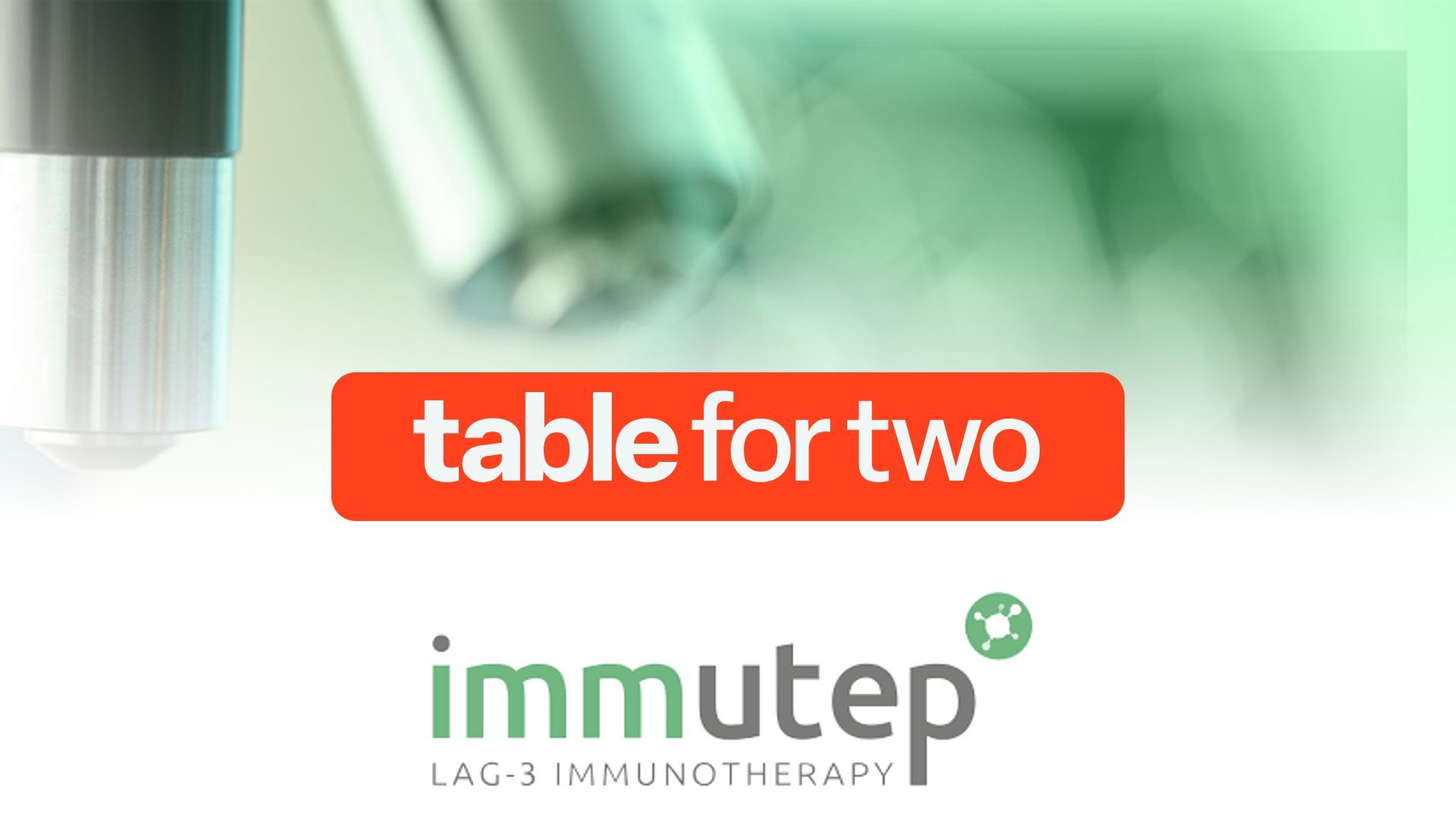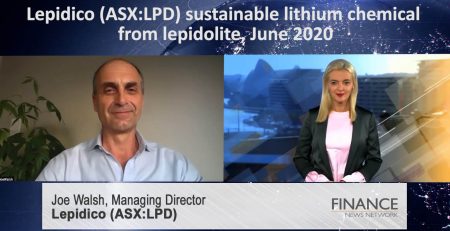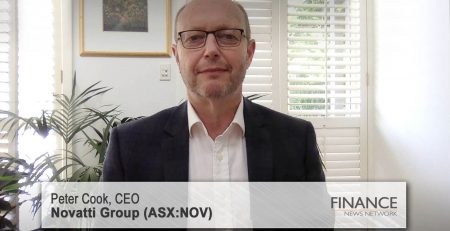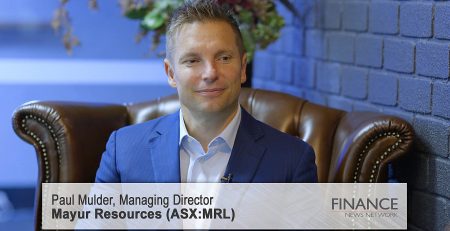Bringing immunotherapies to market: From approval to commercial success
[videojs_video url=’https://du7x25at22z7c.cloudfront.net/IV_IMM_250221_Episode6/single_720p.mp4′ poster=’http://www.finnewsnetwork.com.au/newssystem/seqcmsfiles/2025/02/EWgIp7Ko10dDc0cQFA5f_1920x1080_50567.jpg’]
In the final episode of a six-part interview series on immunotherapy, Marc Voigt, CEO and Executive Director of Immutep (ASX:IMM), discusses the process of bringing new therapies to market after clinical trials. Regulatory agencies, such as the FDA, offer fast-track designations to expedite approval for life-threatening diseases, reducing the timeline from 12 months to as little as six. However, approval is just the beginning—securing reimbursement, establishing pricing, and gaining market access remain significant hurdles.
In oncology, the high cost and scientific complexity of treatments allow for premium pricing, but partnerships with large pharmaceutical companies are often necessary to accelerate market penetration. Biotech firms typically lack the commercial infrastructure to distribute drugs globally, making collaborations essential for success.
After commercial launch, therapies generally take about five years to reach peak sales, with the first two to three years accounting for around 50% of that growth. In non-small cell lung cancer, Immutep benefits from an existing market, as its lead therapy, eftilagimod alpha (Efti), builds upon established Keytruda-chemotherapy combinations. While biotech firms may commercialise drugs themselves, many pursue licensing deals or acquisitions, with most major takeovers occurring at the Phase 3 stage.
Copyright 2025 – Finance News Network
Source: Finance News Network










